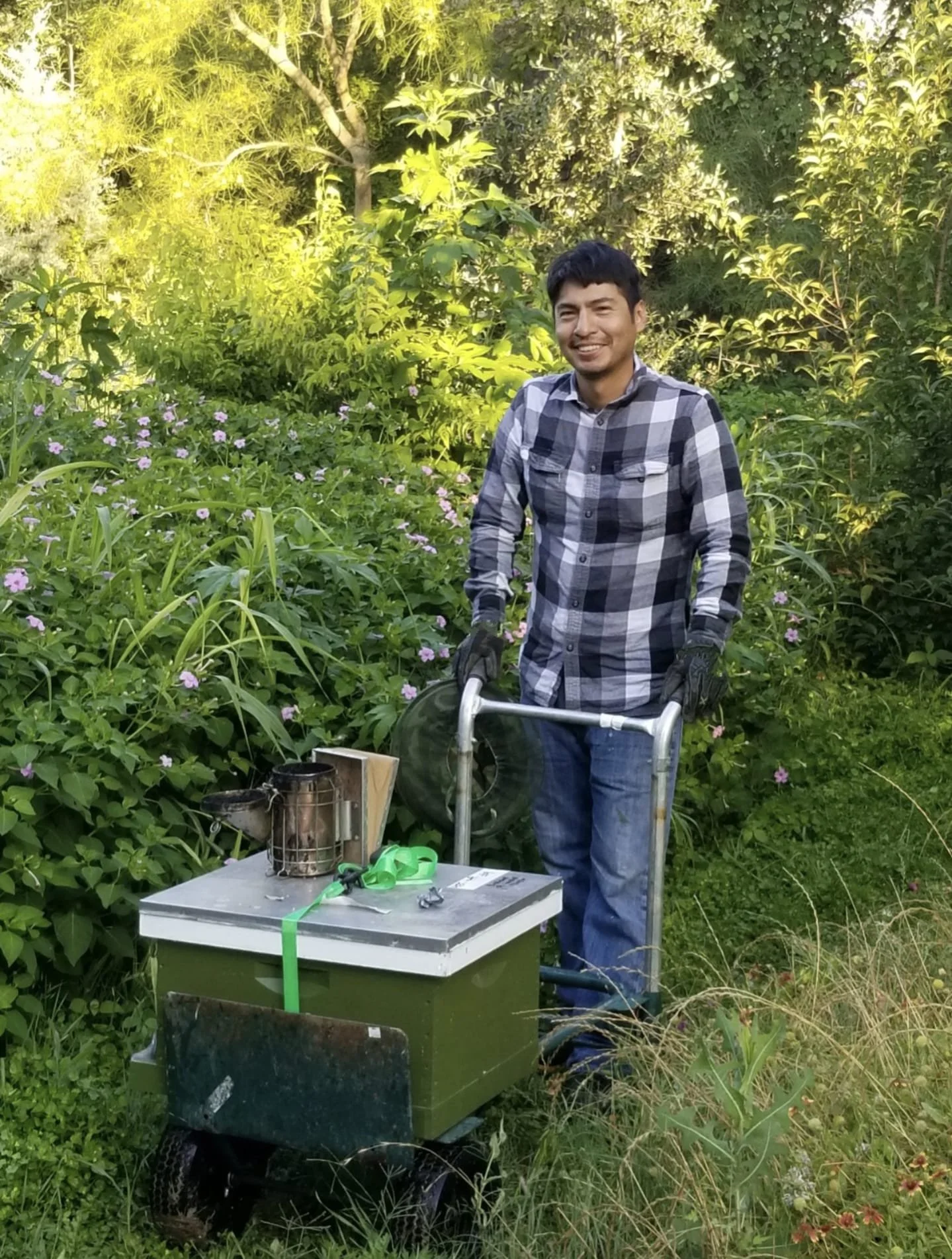Getting Started with Beekeeping
I’d like to begin by welcoming you and congratulating you for your first steps into becoming a beekeeper. It’s an exciting venture and wonderful personal skillset to learn. When I first started beekeeping, it was out of curiosity. Then it became a personal drive of its own, as many of us have been blessed with a passion for taking care of nature and the cycle of life. I think you will find this an ever-rewarding experience.
First, my thoughts about what to do when starting beekeeping? Like I say in music, “Your first lesson is free, that is, pick your instrument.” With beekeeping you’ll have to line up your first hive or hives depending on what you wish to handle. In this blog, there’ll be a bunch of tips for both beginners and experienced beekeepers. I’m always learning. Personal growth is something to be proud of and I’m happy to share what I’ve learn with you.
For beginners, get two hives to start with. This way you can compare hives, have reference points, use the stronger hive to help the weak one if that’s the case. Make hive splits to grow your hives. Don’t harvest honey right away. Be observant, study patterns, and take notes, refer back to them. E.g. inspection date, hive number, number of frames full of bees, brood, honey, pollen, queen breed, growth progress, status of hive, location, feeding season, how many bees flying in and out, pollen on their legs, queen present? (you can tell by seeing fresh 1-3 day old eggs in cells if queen is not seen). Get my hive inspection checklist here.
The ugly truth is that you will lose hives over a period of time. This happens seasonally, it happens randomly, for other factors you may not be aware of, it happens instantly, it happens when you least expect it, when you least want it to happen, and of course, by beekeeper error or lack of skill. Don’t be afraid to admit mistakes. Talk it out. There are gains and losses; it’s part your experience. This will make you a better beekeeper.

